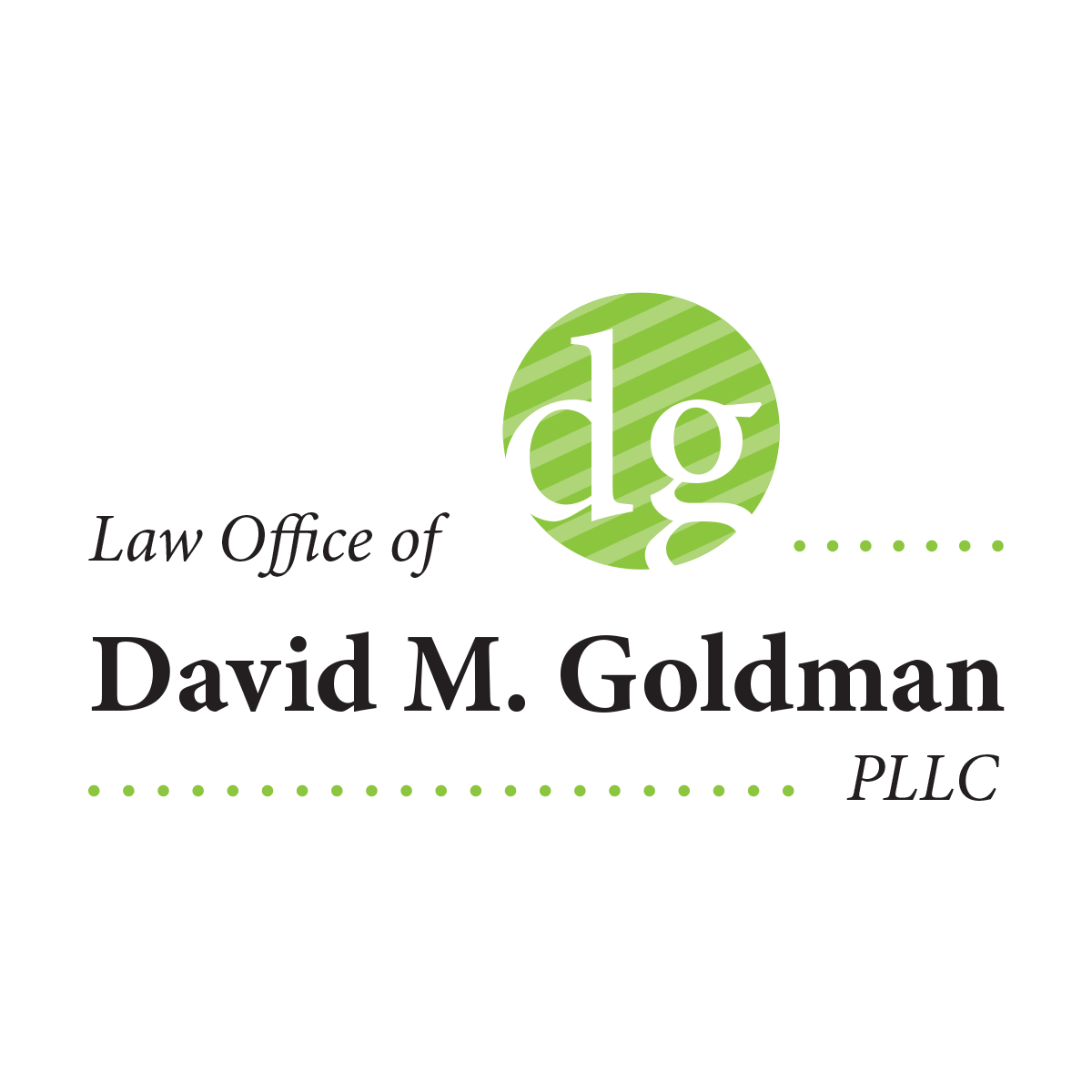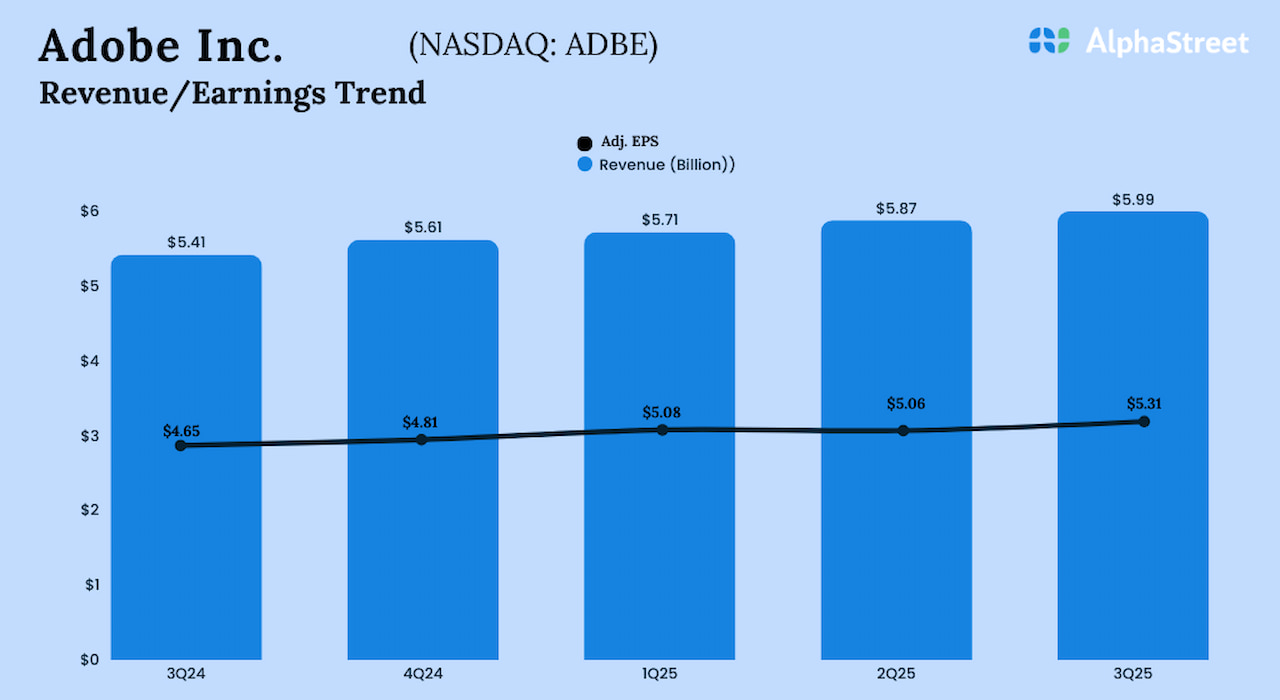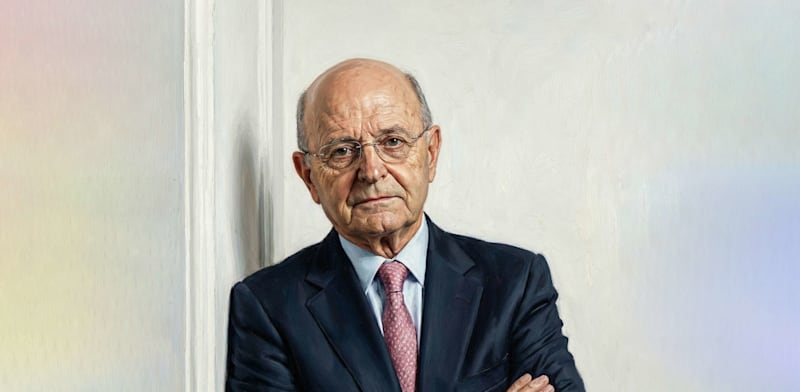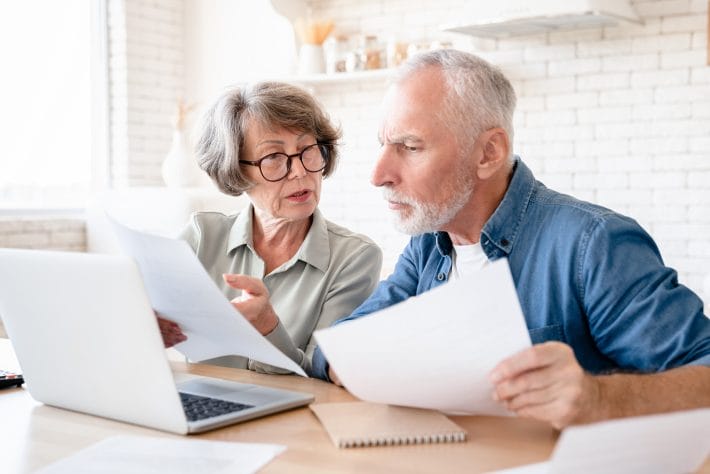The One Big Beautiful Bill Act (OBBBA), effective January 1, 2028, introduces significant reforms to Medicaid eligibility for long-term care. This document summarizes the most impactful changes for Florida residents, outlining which exemptions are being eliminated, which remain valid, and what planning steps should be taken now.
The most significant change is a new cap on homestead (home) equity. As of 2028, a Florida Medicaid applicant will be disqualified from long-term care coverage if their equity interest in their primary home exceeds $1,000,000 unless a spouse or qualifying child lives there. Prior allowances tied to inflation will be frozen. In addition, the retroactive Medicaid coverage period is shortened, and states are required to conduct more frequent eligibility redeterminations.
Homestead equity over $1 million will no longer be exempt.
One month of retroactive coverage is eliminated for seniors.
Strategies to convert assets into home equity are capped.
Eligibility reviews will become more frequent and stricter.
Despite these restrictions, several important exemptions and planning tools remain unchanged under OBBBA, including:• Primary residence (up to $1 million equity)• One vehicle and personal property• Burial funds and prepaid funeral plans• Retirement accounts in payout status• Spousal protections including CSRA and MMMNA• Five-year lookback rules and transfer exceptions• Medicaid Asset Protection Trusts (MAPTs)• Special needs and pooled trusts• Qualified Income Trusts (Miller Trusts)• Personal care agreements
No. The changes in the One Big Beautiful Bill Act are not retroactive. The $1 million home equity cap and other eligibility limitations apply only to Medicaid applications and redeterminations processed on or after January 1, 2028. Applicants already approved under pre-2028 rules will not be automatically disqualified if they continue to meet their eligibility requirements.
However, if a recipient’s eligibility lapses, they reapply, or they experience a change in circumstances (such as a move or gain in assets), their case could be re-evaluated under the new rules. For this reason, it is important for current Medicaid recipients to maintain compliance and plan proactively for recertifications.
To preserve eligibility under the $1 million home equity cap, applicants can consider structuring their home ownership strategically:• Use a reverse mortgage or home equity loan to reduce accessible equity.• Co-own the home with a qualifying relative (e.g., spouse or dependent child).• Execute an enhanced life estate deed (Lady Bird deed) to protect homestead value while avoiding probate.• Ensure a qualifying family member continues to reside in the property.Each method must be carefully planned in compliance with Florida Medicaid law and estate planning best practices.
Converting excess assets into home equity has historically been a popular strategy. For example, applicants may spend down assets by renovating or upgrading their primary residence. However, under OBBBA, any increase in equity above the $1 million threshold will now be countable as a resource and may cause ineligibility.
Post-2028, families should avoid improvements that raise equity beyond this cap and consider other spend-down methods (e.g., personal care agreements, paying debts, or purchasing exempt items) to avoid disqualification.
OBBBA mandates more frequent redeterminations (in some cases every 6 months). While these do not impose retroactive penalties on those already approved, they do create more frequent checkpoints for Medicaid agencies to reassess eligibility.
If an applicant’s equity, income, or asset situation changes after 2028—even unintentionally—it may lead to a loss of coverage. This highlights the importance of ongoing compliance, documentation, and legal review of all major financial decisions for Medicaid recipients.
No. OBBBA does not eliminate spousal refusal in Florida. As of now, Florida still permits the community (non-applicant) spouse to refuse to contribute assets to the care of the institutionalized spouse. This allows the applicant to assign a support claim to the state and potentially qualify even if the community spouse holds substantial assets.
While spousal refusal remains legal, it may receive increased scrutiny in future administrative practice, so professional guidance is recommended before relying on it as a planning strategy.
Florida Medicaid 2028: What the OBBBA Means for Your Assets
What is the OBBBA and when does it take effect?
The One Big Beautiful Bill Act (OBBBA) is a federal law that goes into effect on January 1, 2028. It introduces significant changes to Medicaid eligibility for long-term care, including a cap on home equity and stricter asset rules.
How does OBBBA affect asset protection in Florida?
Under OBBBA, certain assets that were previously exempt—including home equity above $1 million—may count against Medicaid eligibility for long-term care. Proactive planning is essential.
Will Florida Medicaid Take My House in 2028?
Can Florida Medicaid take my home if I’m over the $1 million equity cap?
Yes, if your home equity exceeds $1 million and no exempt individual resides in the home, it may render you ineligible for Medicaid under the OBBBA starting in 2028.
Is there a way to reduce my home equity to qualify?
Yes. Strategies include taking a reverse mortgage, making repairs that lower net equity, or transferring ownership to a spouse or qualifying dependent under certain conditions.
How to Qualify for Medicaid in Florida After the OBBBA Changes
What are the new Medicaid qualification rules in Florida?
Starting in 2028, Medicaid applicants must have home equity under $1 million and cannot rely on certain asset exclusions that were previously allowed. A five-year lookback on asset transfers still applies.
Can I still use a Qualified Income Trust or MAPT?
Yes. These tools remain effective under the new law, though their usage must be carefully timed and structured.
Florida Long-Term Care: What Assets Are Safe After 2028?
What assets are still safe from Medicaid spend-down requirements?
Exempt assets will still include one vehicle, personal belongings, life insurance with low cash value, retirement accounts in RMD status, and certain types of irrevocable trusts.
Can I protect rental or investment property?
Only if it’s structured properly, possibly using a trust or business entity. Otherwise, it may count as a non-exempt asset.
OBBBA Explained: Medicaid Eligibility & Planning in Florida
Why was OBBBA passed?
The law aims to tighten eligibility standards, reduce fraud, and ensure more uniformity in Medicaid coverage across states.
What planning strategies should be prioritized before 2028?
Before 2028, consider setting up Medicaid Asset Protection Trusts, transferring assets under permitted exceptions, reducing home equity, and updating estate planning documents.
If you need help with Medicaid issues in Florida contact a Florida Estate Planning lawyer or call us at 904-990-8000


























